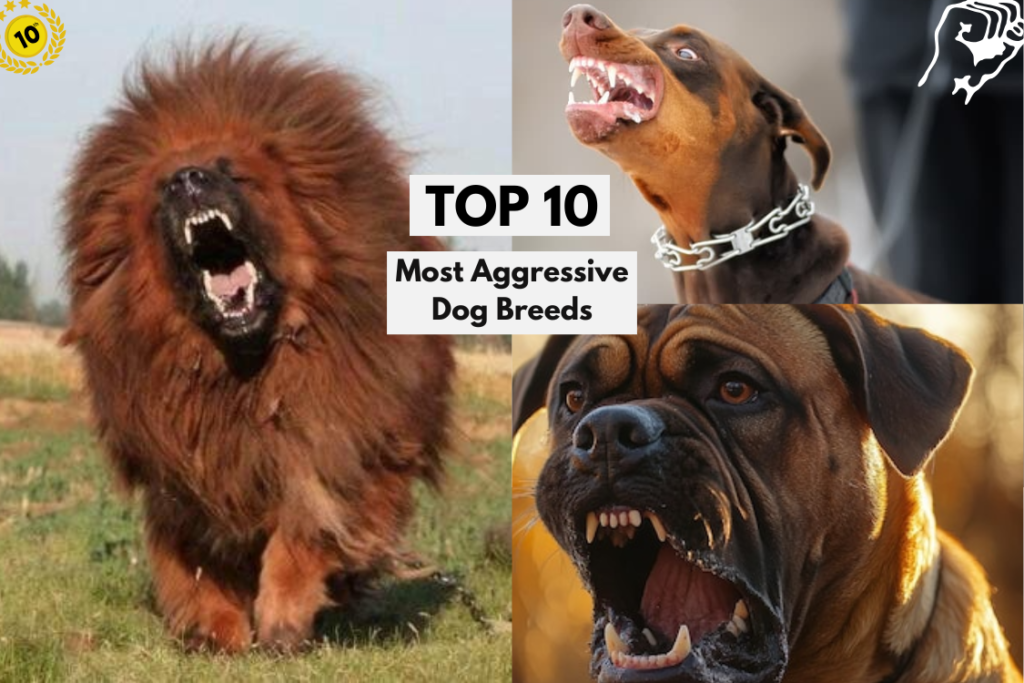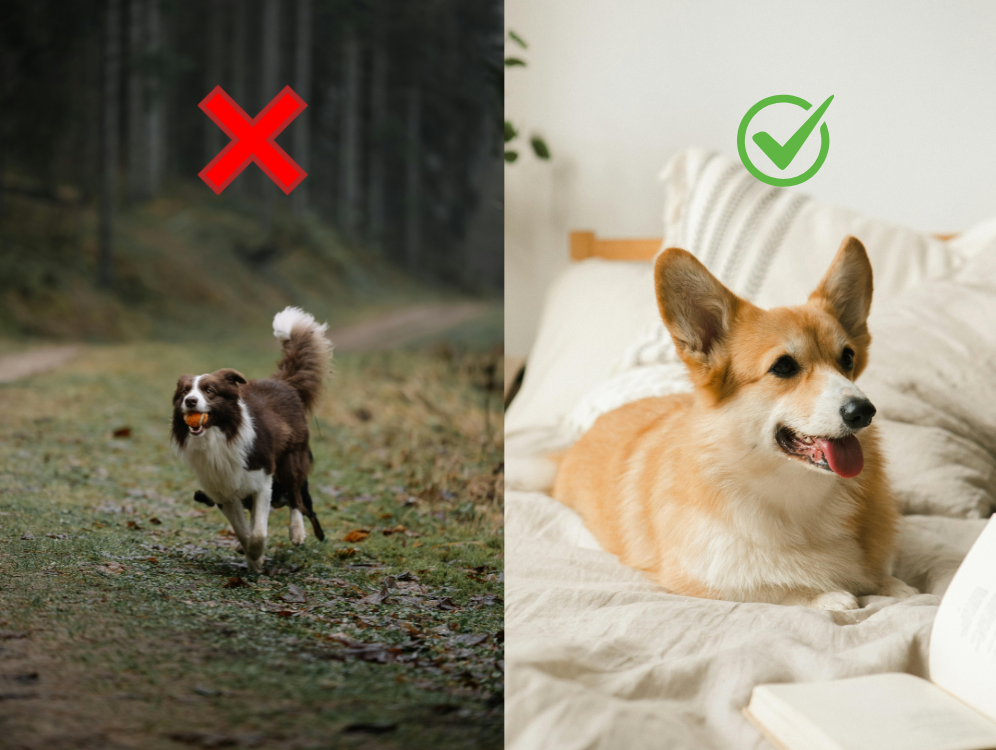Aggression in dogs can be concerning for any pet owner. While each dog’s behavior depends on factors like training and socialization, some breeds are more prone to aggressive tendencies due to their history or inherent traits.
1. Chihuahua
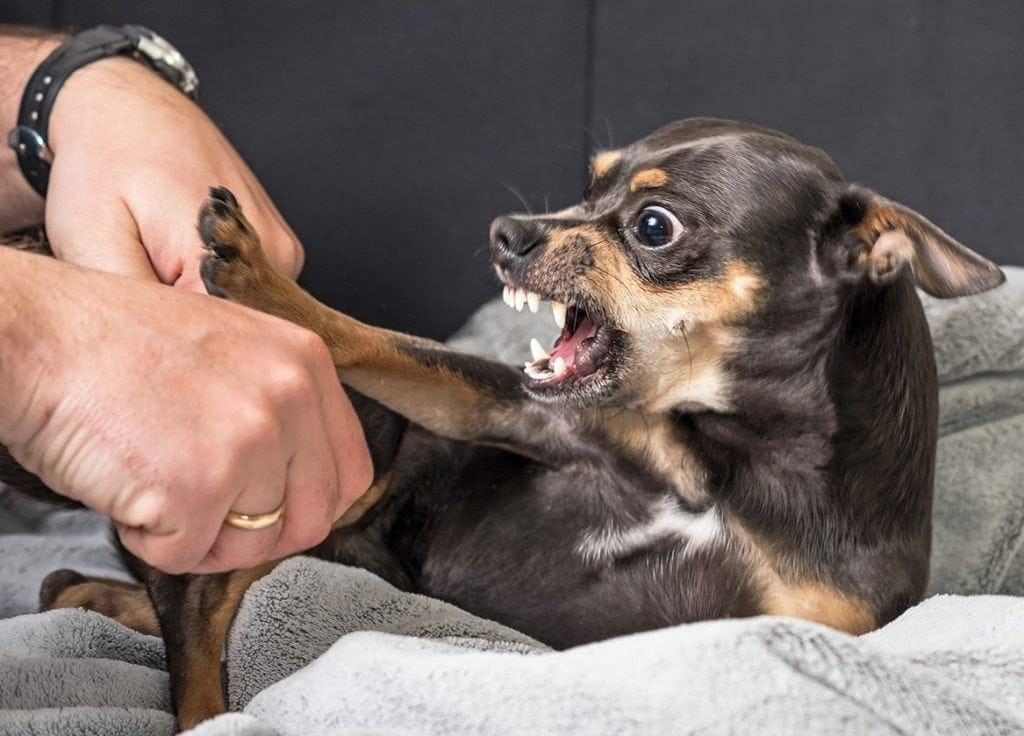
Surprisingly, the Chihuahua makes the list due to its defensive nature. Despite their small size, Chihuahuas are known for being territorial and protective of their owners. They tend to be wary of strangers and may respond with aggression if they feel threatened.
Managing Aggression: Proper socialization at a young age and positive reinforcement are key to minimizing territorial aggression in Chihuahuas. Exposure to different people and environments helps reduce fear-based reactions.
2. Dachshund
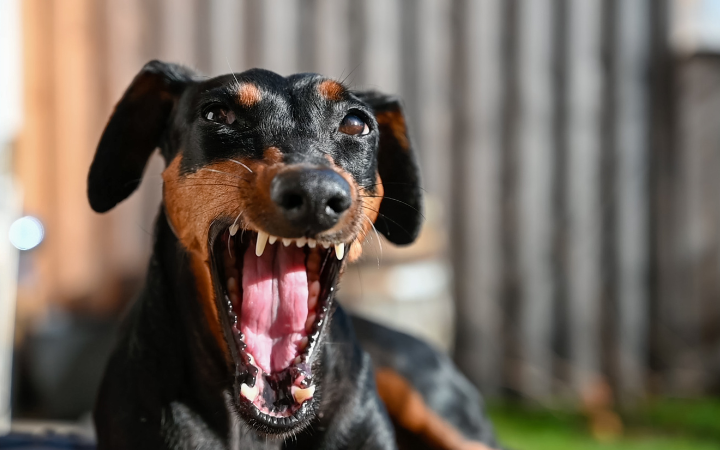
The Dachshund may look friendly, but this breed can be stubborn and aggressive, particularly towards strangers or other animals. Their hunting background makes them more likely to chase smaller creatures, and they often show aggression when feeling threatened or cornered.
Managing Aggression: Training a Dachshund to obey commands and rewarding positive behavior can reduce their tendency to act out. It’s important to establish boundaries and socialize them early.
3. Doberman Pinscher
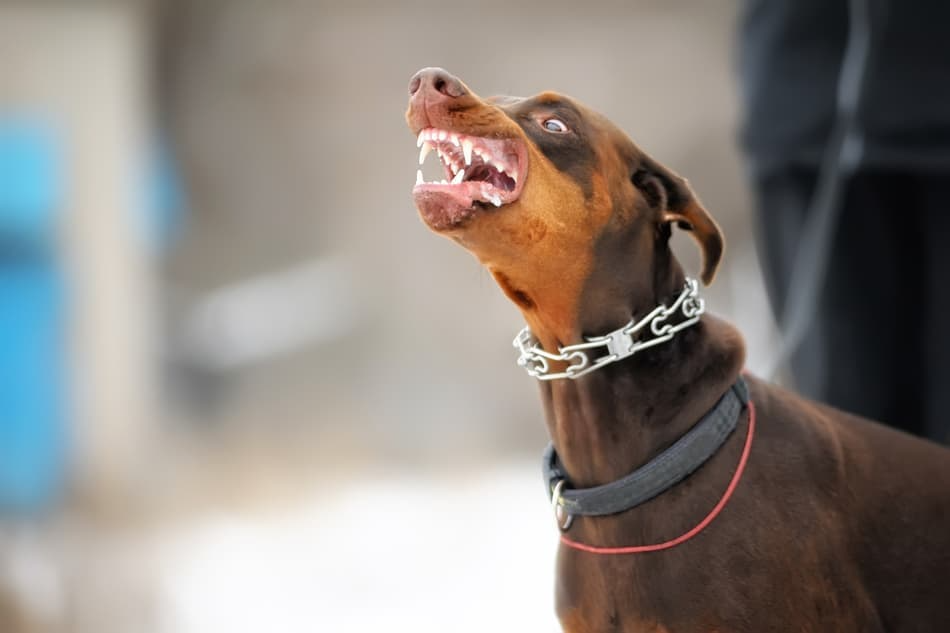
Bred to be guard dogs, Doberman Pinschers are naturally protective and alert. Their aggression is often linked to their instinct to protect their family, making them excellent watchdogs but potentially dangerous in uncontrolled situations.
Managing Aggression: Dobermans need firm, consistent training from an early age. Positive reinforcement and regular exercise can keep their protective instincts in check, ensuring they are well-behaved around strangers.
Tip: Article 10 Powerful Training Tips for Aggressive Dogs – Stop Bad Behavior Today!
4. Rottweiler
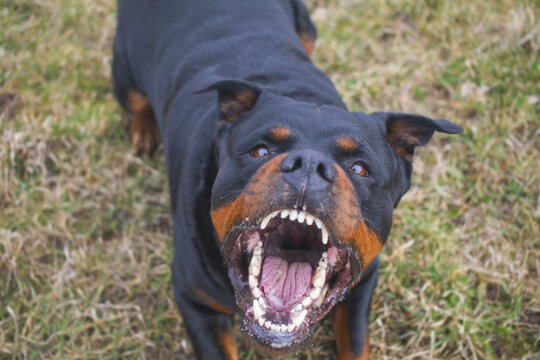
Rottweilers are powerful dogs that have a reputation for aggression. Their size and strength make it crucial to manage any signs of aggressive behavior early on. While Rottweilers can be loyal and loving, their protective instincts may lead to aggression if not properly trained.
Managing Aggression: Obedience training and early socialization are essential for Rottweilers. Providing them with clear leadership and boundaries helps minimize their aggressive tendencies.
5. Jack Russell Terrier
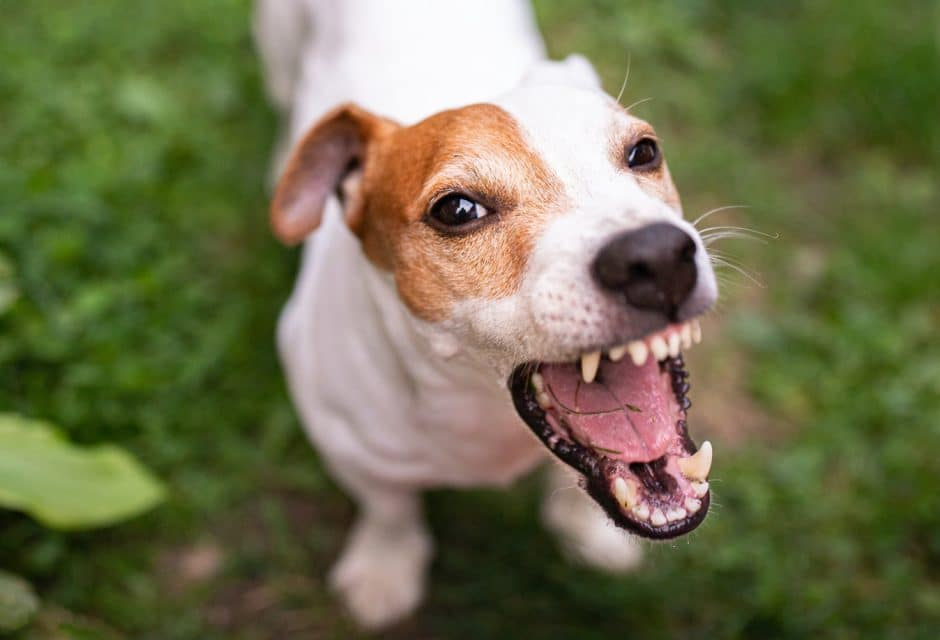
Jack Russells are small but feisty. They were originally bred to hunt, which gives them a strong prey drive. Jack Russells can become aggressive toward other animals or people if not properly trained or socialized.
Managing Aggression: Jack Russells need plenty of mental and physical stimulation. Training them to channel their energy into positive activities, like agility or obedience exercises, can prevent them from developing aggression.
6. Chow Chow
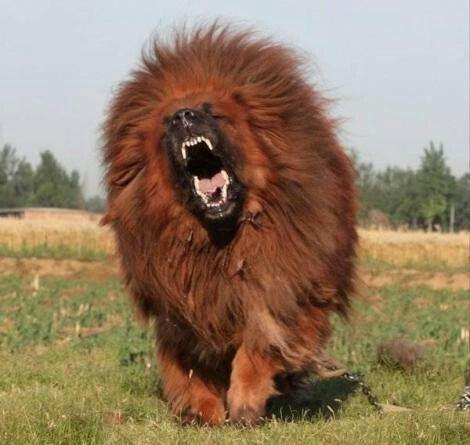
Chow Chows may look like fluffy teddy bears, but they are known for being independent and, at times, aloof. This breed can show aggression towards strangers or other dogs, especially if they feel their territory is being threatened.
Managing Aggression: Chow Chows require early and consistent socialization to minimize their territorial instincts. Proper training and clear boundaries are key to reducing aggression.
7. German Shepherd
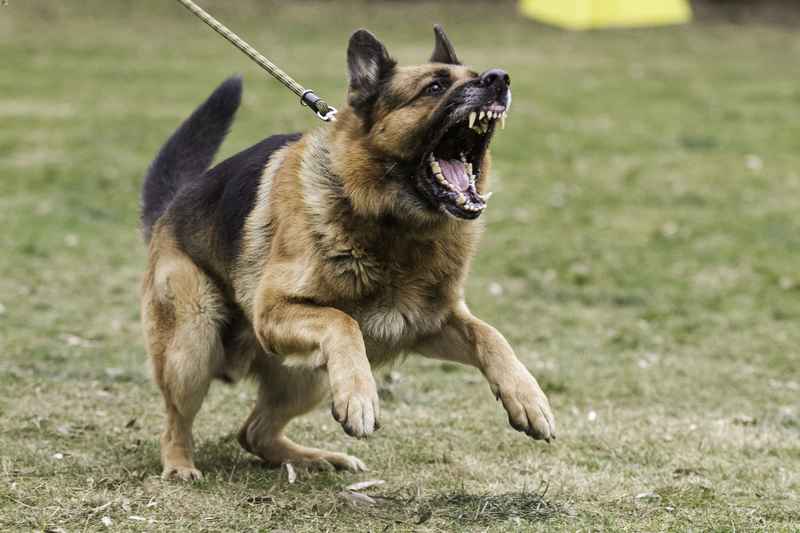
German Shepherds are widely regarded as intelligent, loyal dogs, often used for police and military work. However, their strong protective instincts can sometimes manifest as aggression, especially toward strangers.
Managing Aggression: German Shepherds need structured training and regular physical and mental stimulation. Positive reinforcement methods and clear guidance help them learn when it’s appropriate to be protective.
8. Bullmastiff
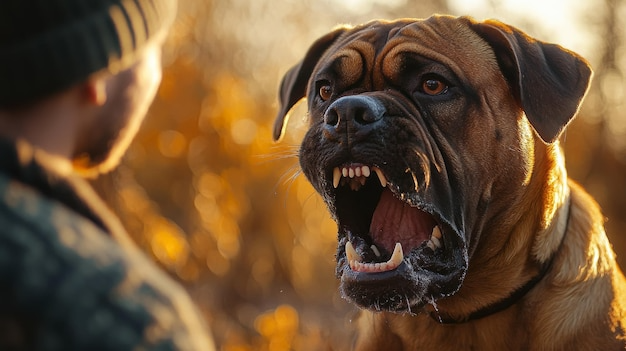
Bullmastiffs are known for their protective nature, which can sometimes lead to aggressive behavior, especially if they feel their family or home is being threatened. Their large size adds to the danger if their aggression is not managed.
Managing Aggression: Early socialization is key for Bullmastiffs, along with firm, consistent training. Ensuring they get plenty of exercise and mental stimulation helps reduce aggression.
9. American Pit Bull Terrier
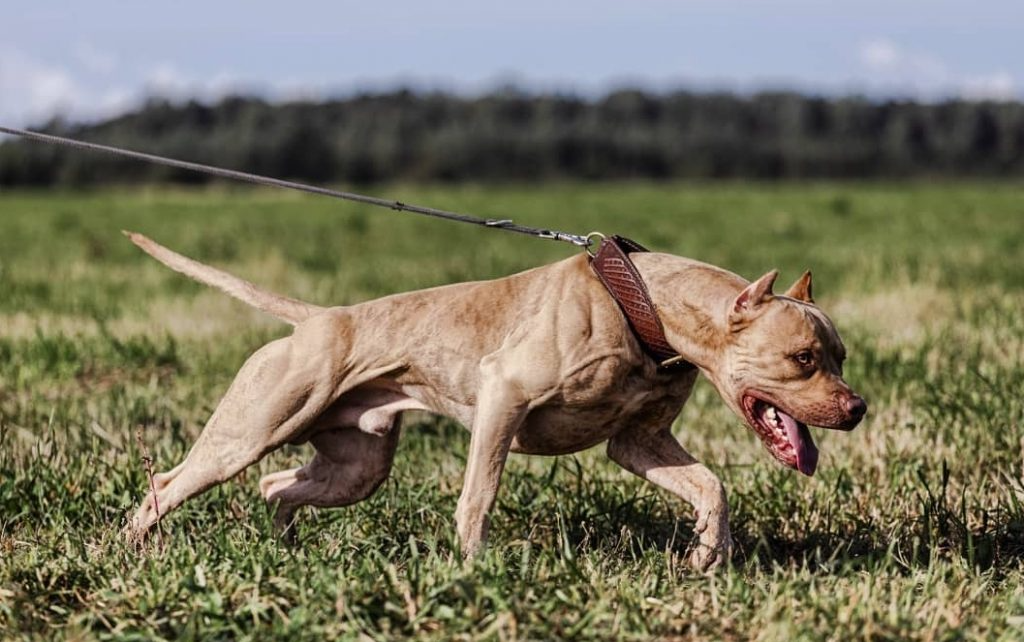
Pit Bulls have a controversial reputation due to their history in dog fighting, but with the right training, they can be affectionate and loyal pets. However, their strength and tenacity mean that any signs of aggression should be addressed early.
Managing Aggression: Pit Bulls benefit from obedience training and socialization from a young age. They need a confident, experienced owner who can establish boundaries and maintain consistent rules.
10. Siberian Husky
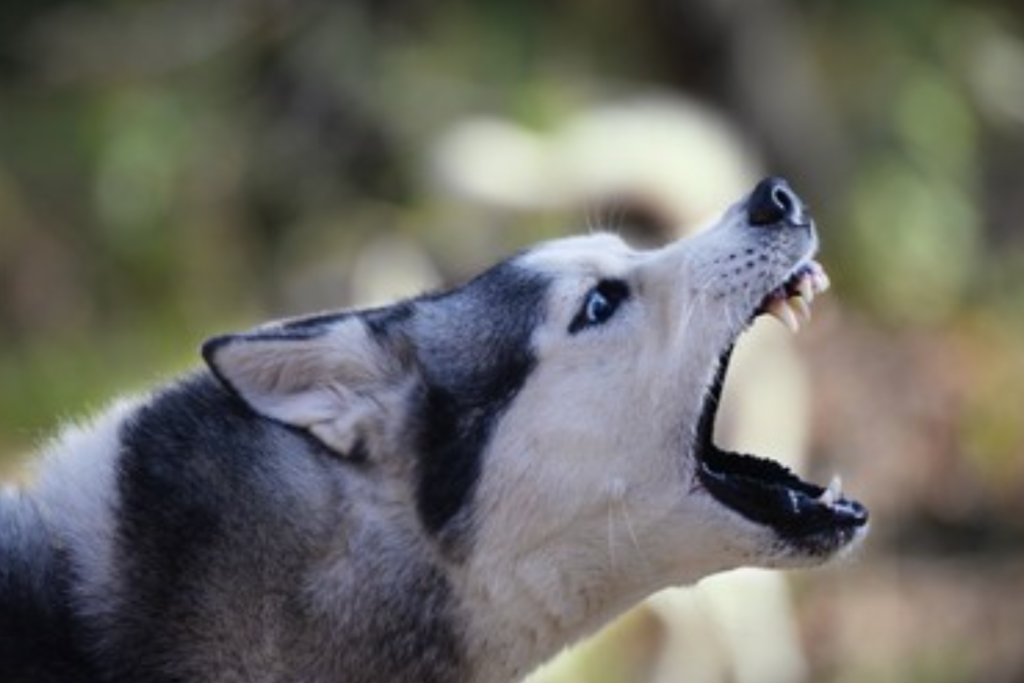
Huskies are independent dogs known for their energy and stubbornness. While not typically aggressive toward humans, their high prey drive can cause aggression towards smaller animals. Huskies need firm training to control their strong-willed nature.
Managing Aggression: Providing a Husky with plenty of exercise and mental stimulation is essential to prevent boredom-related aggression. Early training and socialization can also help manage their prey instincts.
Understanding Aggression in Dogs

While these breeds are more prone to aggression, it’s essential to understand that aggression is not solely determined by breed. Environmental factors, lack of training, fear, and neglect can contribute to aggressive behavior in any dog. Responsible pet ownership, which includes early socialization, consistent training, and providing physical and mental stimulation, is the key to preventing aggression.
Training and Management are Key

If you own one of these breeds or are considering adopting one, remember that proper training, socialization, and structure are essential to manage any aggressive tendencies. It’s important to understand that aggression can be managed with the right approach.
If you’ve tried various approaches but are still struggling with your dog’s aggression, it might be time to seek professional support. You can work with a local dog trainer or explore Doggy Dan’s Online Dog Trainer Program, which offers step-by-step guidance from a professional with over a decade of experience.
With the right guidance and consistent effort, even the most reactive dogs can transform into calm, well-behaved companions.

